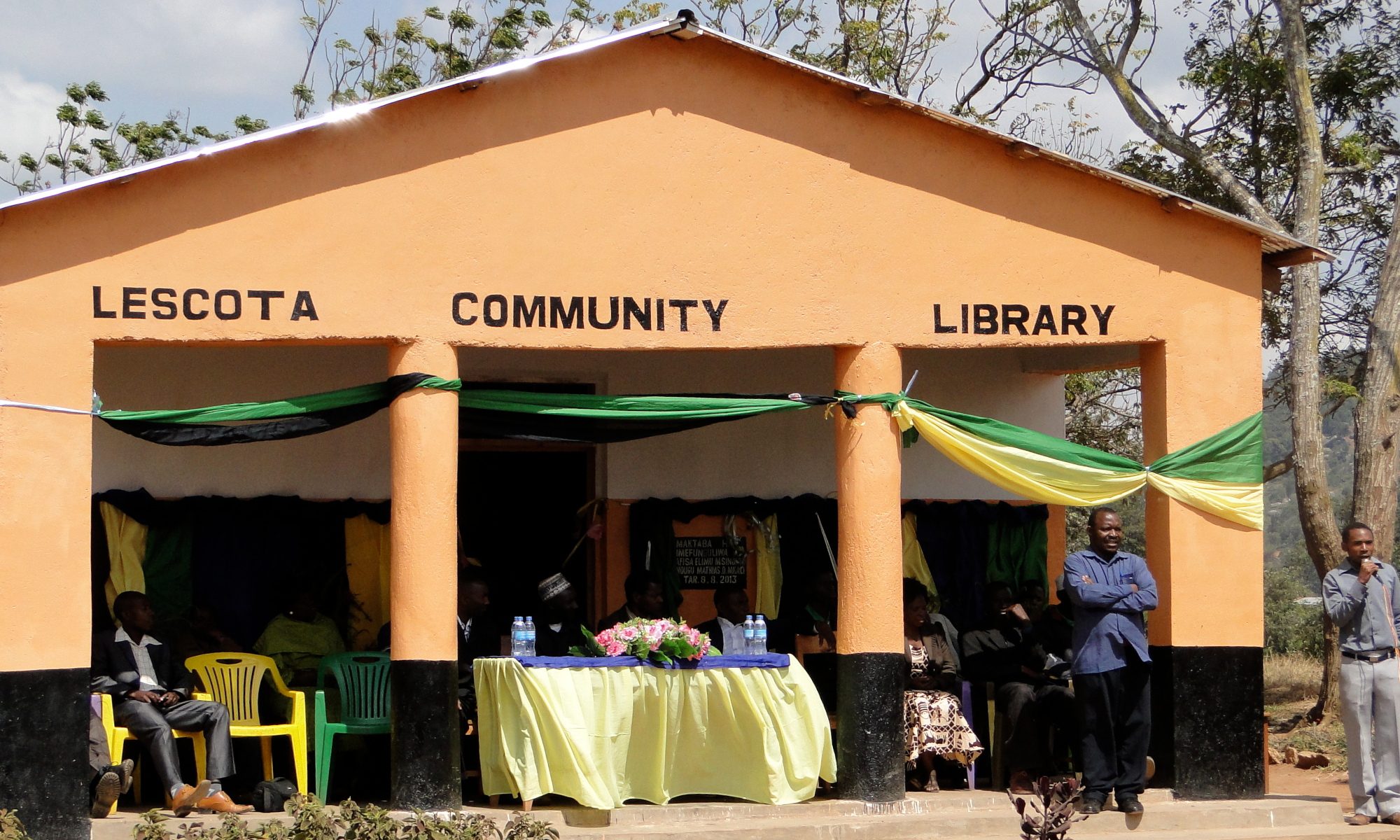As former Peace Corps Volunteers in Tanzania, we’re always proud of what the current Peace Corps Volunteers are accomplishing there. Recently the work of two Peace Corps volunteers at a conference on pedagogical practices was highlighted in the Tanzanian newspaper, The Guardian. The volunteers, Aron Walker and Peter McDonough set up an exhibit showing how to equip a science laboratory with locally available materials. In a country where all science subjects (Physics, Chemistry, Biology) are mandatory for two years and the laboratory supplies are scarce (not to mention the funds to buy them or to build the physical laboratory building), teaching science effectively can be difficult. Being able to set up a laboratory in a cost-effective manner using local materials would help teachers be able to better capture students’ interest and increase their understanding through practical, hands-on explorations. Way to go Aron and Peter!
Click here for the full article from The GuardianViolence Against Children in Tanzania
Study released by UNICEF
Sobering statistics gathered from over 3000 13 to 24 year olds show that sexual and physical child abuse is all too common in Tanzania. Nearly 3 in 10 Tanzanian females have experienced sexual violence prior to the age of 18. The most common forms of sexual violence were touching various parts of the body followed by attempted sexual intercourse. Of those who had their first sexual experience prior to age 18, nearly one-third (29.1%) of females and 17.5% of males reported that their first sexual intercourse was unwilling, meaning that they were forced or coerced to engage in sexual intercourse. In addition, almost three-quarters of both females and males experienced physical violence prior to 18 by an adult or intimate partner.
The location of sexual violence merits careful consideration by educators. While almost one-half of females who had experienced sexual violence prior to age 18 indicated that at least one of their experiences of sexual violence took place at someone’s home, almost one-quarter reported an incident occurred while travelling to or from school and 15% reported that at least one incident occurred at school or on school grounds.
The study casts light on the perpetrators of physical violence against children. Almost 60% of both females and males experienced physical violence by adult relatives and more than one-half experienced physical violence by teachers before turning 18 years of age.
The majority of childhood sexual violence against both females and males occurred between the hours of 12:00 (noon) and 20:00 (8:00pm).
The study is a landmark in the global efforts to tackle child abuse. Tanzania is the first country in Africa to undertake a National Study on Violence against Children providing national estimates of the prevalence of violence. The study’s results have prompted the government to develop a five-year National Plan for Prevention and Response to Violence against Children intended to break the silence around violence against children.
With the goal of building and running a school in Tanzania, TETEA needs to remain mindful about the widespread presence of violence in schools, even by teachers, and reflect carefully on how to ensure a safe environment for our future students.
“Violence Against Children is Totally Unacceptable,” by editor. 13 August, 2011.
“Tanzania Study Shows One in Three Girls is Sexually Abused,” 9 August, 2011.
“Violence Against Children in Tanzania.” United Nations Children’s Fund, August 2011.
Form 4 to Form 6
Form 6 Results: TETEA Students
TETEA sponsored students have had a fairly successful year in their Form 6 exams. Those students receiving up to 13 points should have a good shot at university acceptance and student loans. The next tier may have access to teacher training colleges and other institutions.
Congratulations especially to Awetu, Shahara, and Selemani, who had particularly good results!
| Name | Division | Points |
| Shahara Haridi | I | 9 |
| Ratifu Samli | III | 17 |
| Twaibu Chipata | III | 14 |
| Sylvester Alexander | III | 15 |
| Maria Mbena | III | 13 |
| James Bashiru | III | 14 |
| Hamzuruni Mshamu | II | 12 |
| Yahaya Saidi | II | 11 |
| Karimu Lulanga | III | 17 |
| Selemani Bakari | I | 9 |
| Awetu Hassan | II | 10 |

